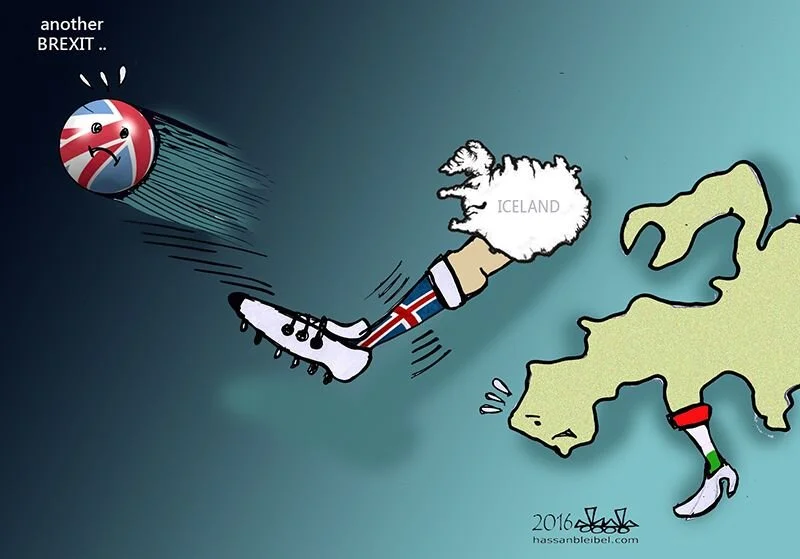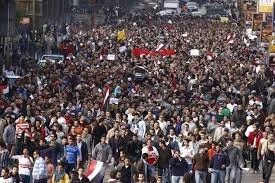Normalising terror
July 16, 2016
IN NICE, a French-Tunisian petty criminal named Mohamed Lahouaiej-Bouhlel drove a truck into a crowd celebrating Bastille Day, killing 84 people and injuring dozens more. Though Lahouaiej-Bouhlel has no known links to extremist Islamic organisations, the French government was quick to describe it as another act of terror and extended its state of emergency for another few months.
It is commonplace to explain that the vast, vast majority of Muslims living in France wouldn’t have even a scintilla of an iota of an urge to commit such an atrocity, but it only takes one lone extremist with a truck and a gun.
After Paris last November, the assumption was that these attacks were designed to strike a dagger into the heart of the “Western way of life”. It became a matter of duty to carry on as normal, as if it hadn’t happened, lest we give encouragement to our enemies. But after three atrocities? Three outrages in 18 months?
The fear is that France’s multicultural traditions have been irreversibly spoiled. The future now is one of containment, damage limitation, and Le Pen-style demagoguery. On a practical level, France has admitted severe intelligence failures and is now beefing up its security apparatus. But if there were evening curfews, security cordons at every junction and armed police on every street corner, would that have been sufficient to stop a lone extremist driving a truck into a crowd?
This isn’t all about Islam. Vonnegut wrote that bad chemicals and bad ideas are the yin and yang of madness. By all accounts, Lahouaiej-Bouhlel was a misfit who was prone to violence and depression.
We will never know if he really did believe that driving his truck into a crowd of revellers would be his shortcut to paradise following a lifetime of sinning. We don’t know if he allowed himself to be motivated by Islamic State. Rather than attributing it to the rabble-rousing of extremist Imams, one could just as easily liken this act to Breivik in Norway, to Lubitz crashing his plane into the Alps, or to any number of disgruntled kids opening fire on American high schools.
Islam has just become another symptom of the madness, Bellow’s moronic inferno. A medieval belief system that gave psychological discipline to illiterate and itinerant Bedouins has been subsumed by the psychosis of the crowd, its 1,400-year old imprecations and strictures helping to fuel the disgruntlement of a hazardously weaponised modern society. Can precautions be taken? How intrusive must a nation’s security apparatus become in order to curtail the psychoses of a single individual whose moral machinery has inexplicably short-circuited? In societies where free speech is sacrosanct, is it feasible or even acceptable to target the bad ideas themselves?
Is the occasional atrocity an acceptable price to pay for liberty? Even in this weaponised age, where the technologies are freely available for one individual to do huge amounts of damage? Where a loner with a home-made bomb and a rucksack full of nails can cause bloody mayhem?
A recent essay in the London Review of Books looked at the strategies used by U.S. intelligence to catch potential terrorists. Michael Hayden, CIA director, argued that false positives are an acceptable price to pay for increased vigilance, that it is better for innocents to go to jail than to allow another 9/11. This argument appears to have already been won.





